The structure was destroyed by a sudden and mysterious disaster
Archaeologists have discovered a Roman-era wine shop destroyed by a «sudden event» that forced its owners to abandon the premises 1,600 years ago. The building is located in the ancient city of Sikyon in the territory of modern southern Greece.
 Photo: Scott Gallimore/Wilfrid Laurier University
Photo: Scott Gallimore/Wilfrid Laurier University
Archaeologist Scott Gallimore and his colleagues presented their findings at the annual meeting of the Archaeological Institute of America in Chicago, Live Science reports. Inside the liquor store, researchers found marble countertops, shards of pottery and about 60 bronze coins. Many of the coins were made during the reign of Constantius II, which lasted from 337 to 361 AD.
«All the coins were found on the floor, scattered throughout the space, — Gallimore tells Live Science, — This seems to indicate that they were kept together in a ceramic vessel or some kind of bag. When the store was destroyed, the ancient cash register apparently fell to the floor and the coins scattered.
Experts cannot say for sure what kind of mysterious event forced the owners to leave the premises, but they believe that the collapse of the structure could have been caused by an earthquake or dangerous weather conditions.
According to researchers, the store may have sold wine, as well as olive oil. The site was part of a complex that included rooms with kilns and tools for pressing grapes or olives. The larger complex was also abandoned by the owners.
“Wine played a vital role in ancient Roman culture in high and low class communities, although it was a particularly huge source of wealth for the Roman elite,” — ancient wine production expert Emlyn Dodd explains to NBC News.
In the spring of 2023, Dodd was the lead author of a study of a third-century winery found near Rome. Since the Roman region was not as well known for its wine as some nearby areas, researchers have suggested that it was built as an elaborate display of wealth.
«They owned vast tracts of land dedicated to viticulture and winemaking, and sold them throughout the Mediterranean, — says the specialist, — But at the same time, wine permeates the entire culture and society — it is used in religion, medicine, and in everyday life. It was the staple drink when water was unsafe to drink.»
Many questions remain about the ancient store, including what kind of wine would have been offered.
«Unfortunately, we have no direct evidence of what types of wine could be sold, — Scott Gallimore comments to Live Science. — We have some evidence of grape seeds, but we can't be more specific at this time.”
Researchers also don't know who owned or visited the store. According to Gallimore, no one tried to return to the building after it collapsed following the mysterious disaster.








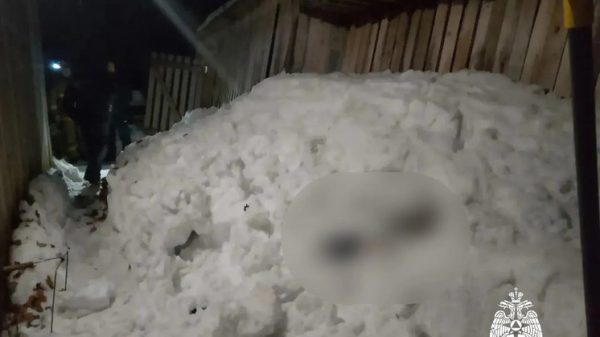
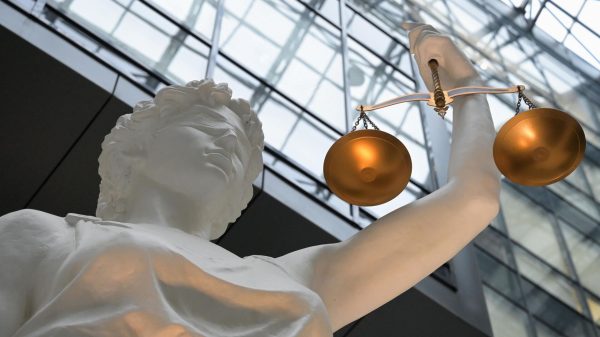
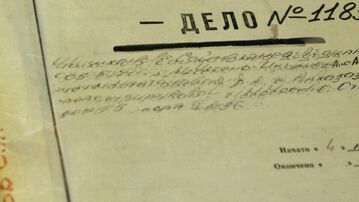


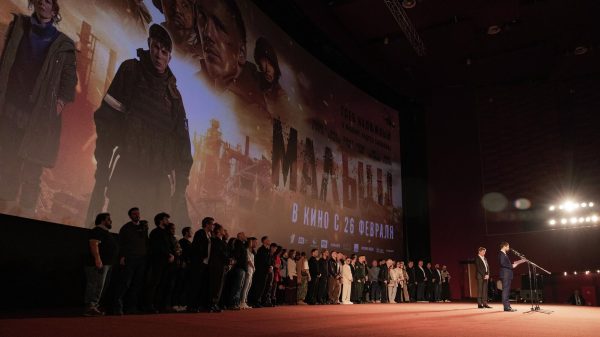




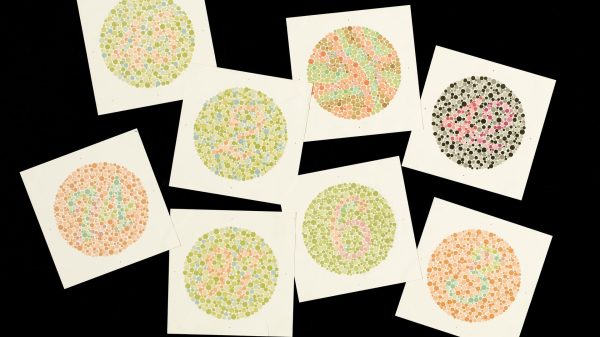

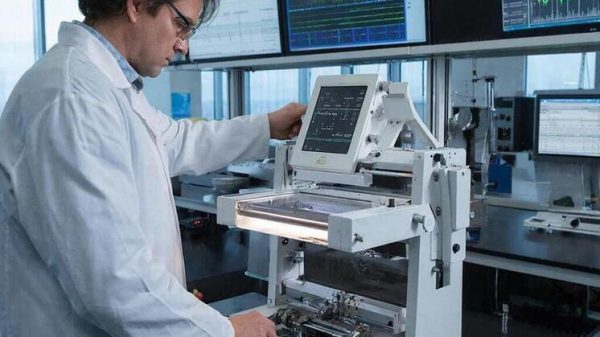













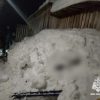

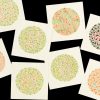

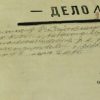















Свежие комментарии